
views
Paris: Tens of thousands of revelers turned out on Saturday for a gay pride parade in Paris, many of them hailing the legalization of gay marriage in New York and demanding that France follow suit.
Marchers, dressed in drag, brassieres or striped sailor outfits, paraded under a sea of rainbow-colored flags and jigged to thumping techno beats on slow-moving truck beds that became moveable dance floors.
Elsewhere in Europe, however, Russian police detained 14 gay rights activists trying to hold an unsanctioned rally in St Petersburg to demand equal rights for gays - a sign that resistance remains high in many places. An Associated Press photographer saw some unidentified attackers besiege the activists and try to seize their banners before police moved in. One suspected attacker was also detained.
Paris' parade drew many leaders from France's political left, which has rallied around equal rights for gays - notably marriage and adoption rights - and put the issue in their platform for the 2012 presidential election race.
"This is wonderful news from New York," said Eva Joly, a Green Party presidential hopeful. "Within the first 100 days of the new government, we will adopt that law" allowing gay marriage, she said.
Many marchers trumpeted New York's decision Friday to become the sixth and largest US state to legalize gay marriage, a move that they said exposes how France is behind the times as equal rights progress in places.
Others said the New York legalization should be just the start.
"The state of New York isn't the United States, unfortunately," said marcher Frederick Hartwig, 26, who was naked except for a glittery black jock strap, feathered high-heel boots and sequin-studded mask. "The great victory for the United States will be when the middle of America - the middle of nowhere - will allow everyone to have such rights."
Two weeks ago, France's National Assembly rejected a bill presented by the opposition Socialist Party seeking to legalize same-sex marriage, despite growing public support for gay rights.
The vote reflected opposition to gay marriage among President Nicolas Sarkozy's governing conservatives and the strain of traditional values that runs through many parts of France - away from the gay-friendly bars and neighborhoods of Paris.
In Germany on Saturday, thousands packed downtown Berlin wearing colorful costumes for the 33rd annual CSD festival calling for acceptance of gays, lesbians, bisexuals and transsexuals.
"The support of many people from all walks of life send a strong sign against discrimination," said Berlin's gay mayor, Klaus Wowereit. He urged greater acceptance of diversity in the European Union, notably among newer and future EU members in the Balkans and Baltics that can be less tolerant of gays than the old member states.
Gays and lesbians face widespread hostility in some macho-dominated societies of eastern Europe - and opposition to their public events has been fierce, and even violent, at times.
Attempts to hold gay pride rallies almost always end in violence in Russia. Authorities habitually refuse gay rights activists their constitutional right to assemble, particularly in Moscow, on the grounds that other people find it offensive.
"I've seen a lot of things in six years of holding such events in Moscow, but I've never seen such cynicism in St. Petersburg," said Nikolai Alekseyev, Russia's highest profile gay rights activist, who was himself briefly detained Saturday.
The activists in St Petersburg held their protest beside a monument to city founder Peter the Great, "because Peter the Great founded a city with European values," said Yuri Gavrikov, head of the Equality group.
President Dmitry Medvedev has insisted that Russians share European values today.
In Mexico City, thousands of people marched down Paseo de la Reforma for one of the largest gay pride events in Latin America. Winged angels waving rainbow flags from atop sound trucks filled the leafy boulevard on their way to the Zocalo, the capital's main square.
Hector Anaya, a member of a national group of gay cowboys who sported a cowboy hat, tight jeans and pointy ostrich-skin boots, said things have changed for the better for Mexican homosexuals the past 15 years.
"We used to not be able to go out together, to hold hands. Now, the more we express ourselves, the more people accept us," Anaya said.












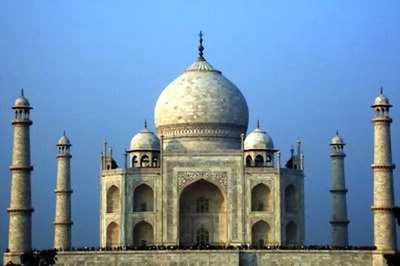
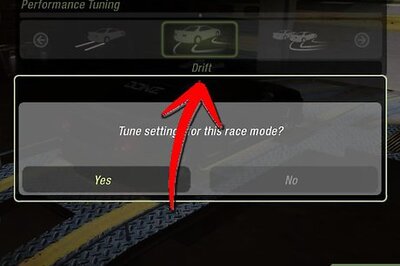
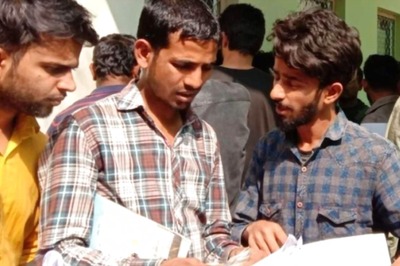

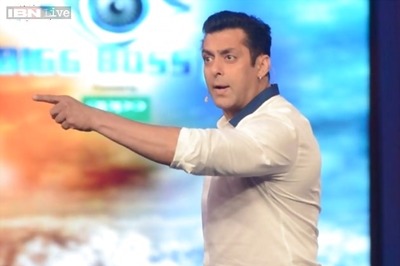
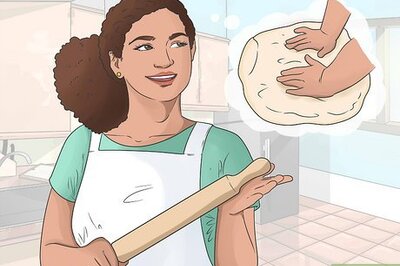

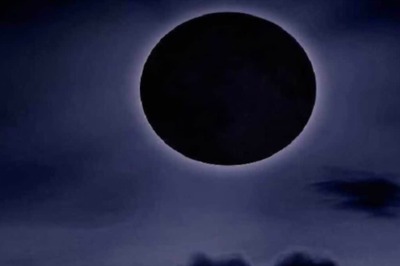
Comments
0 comment